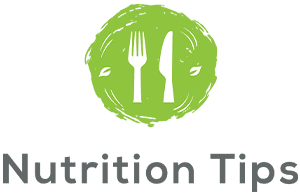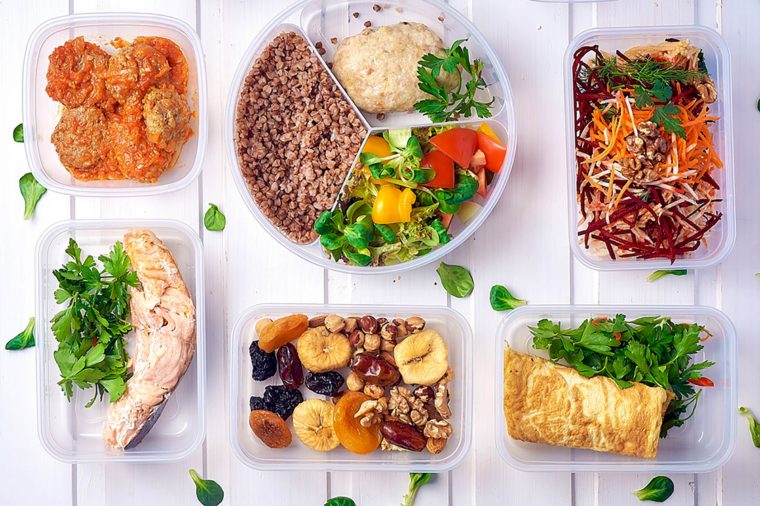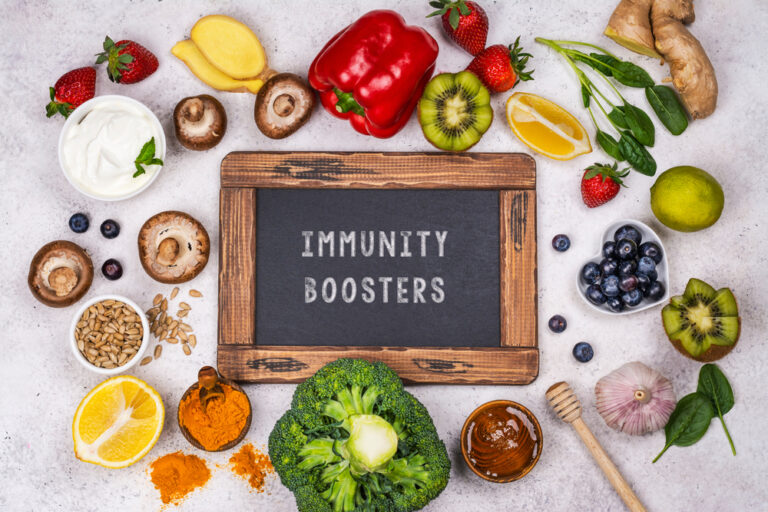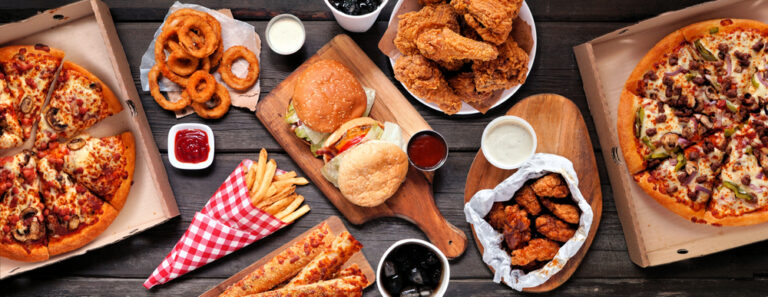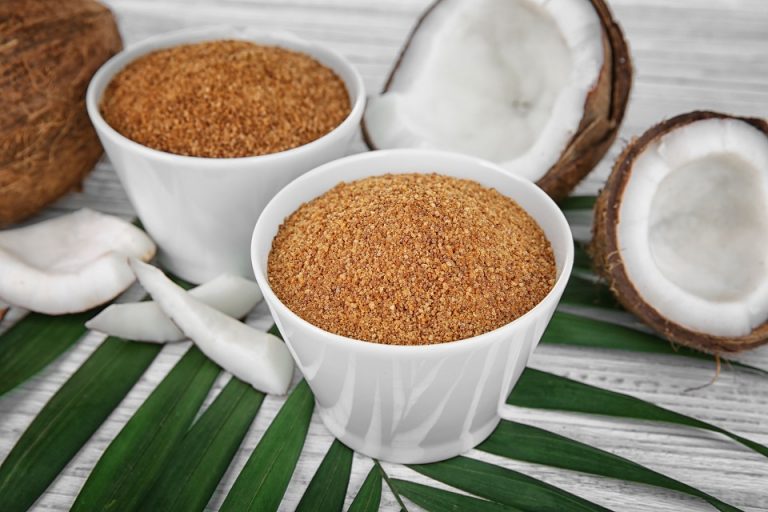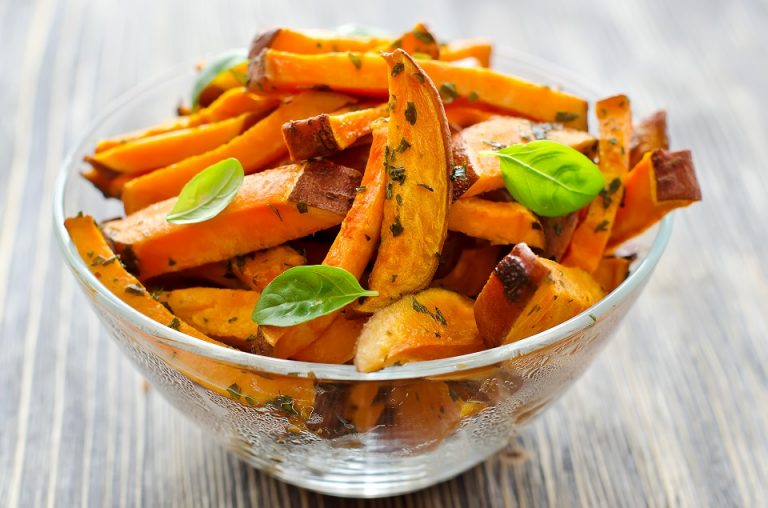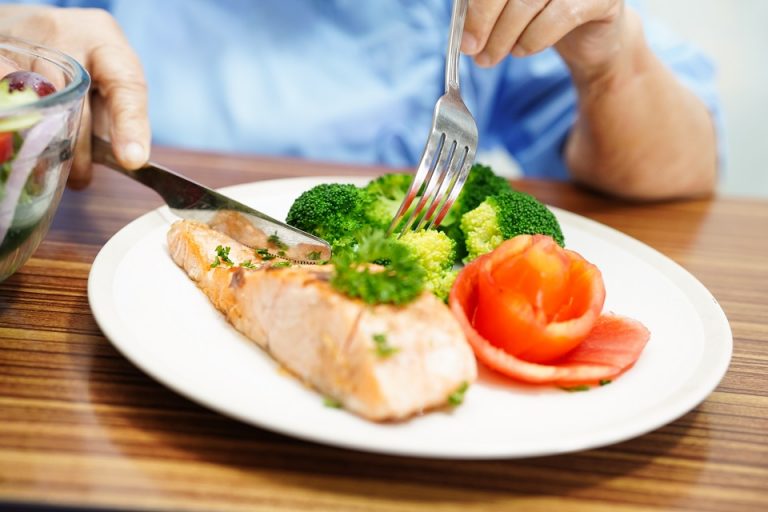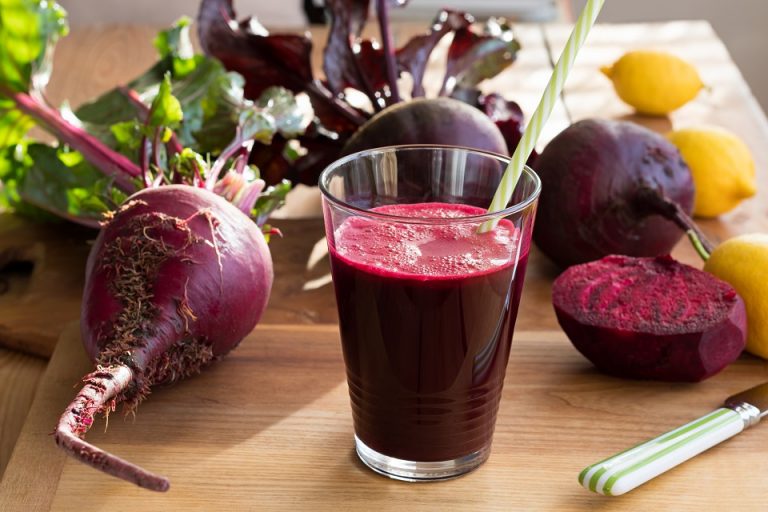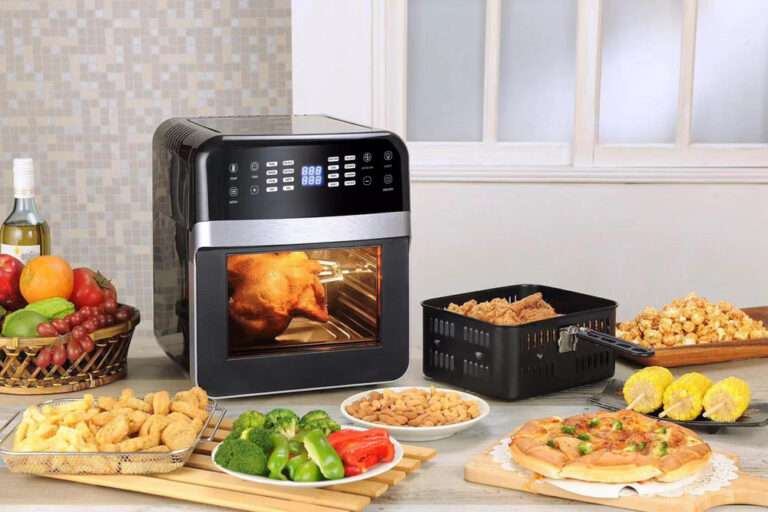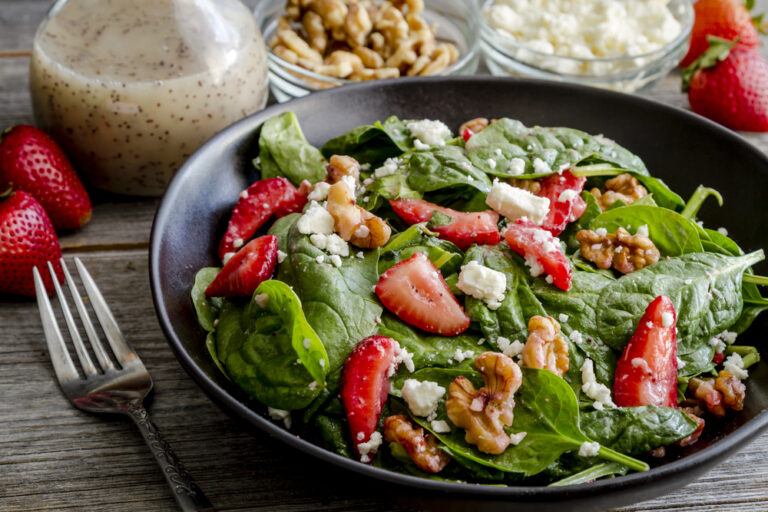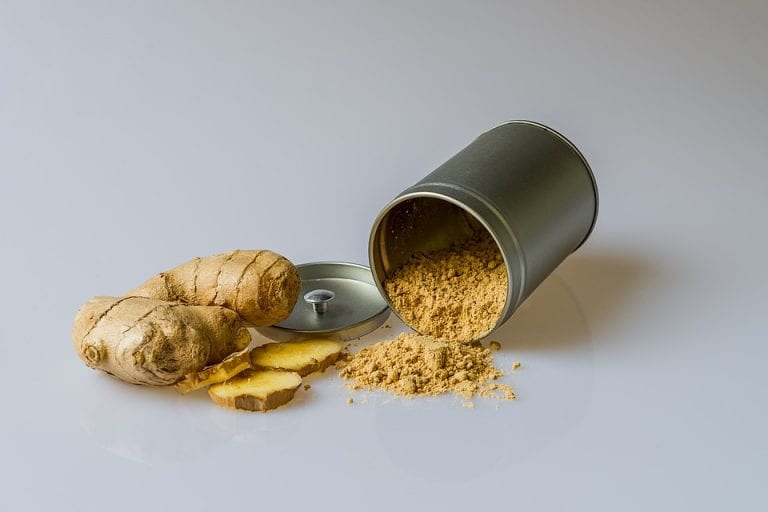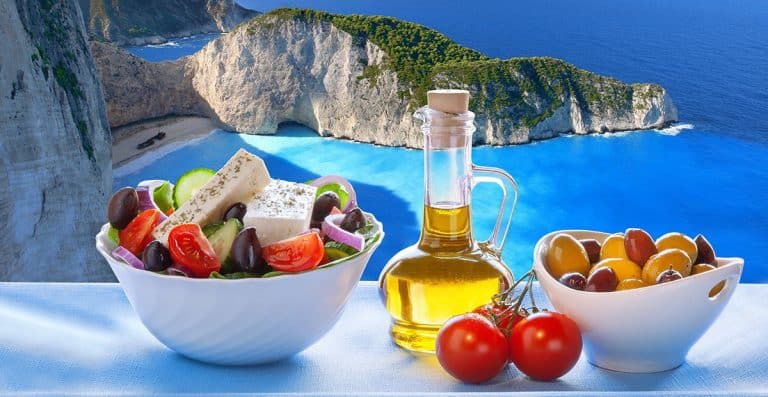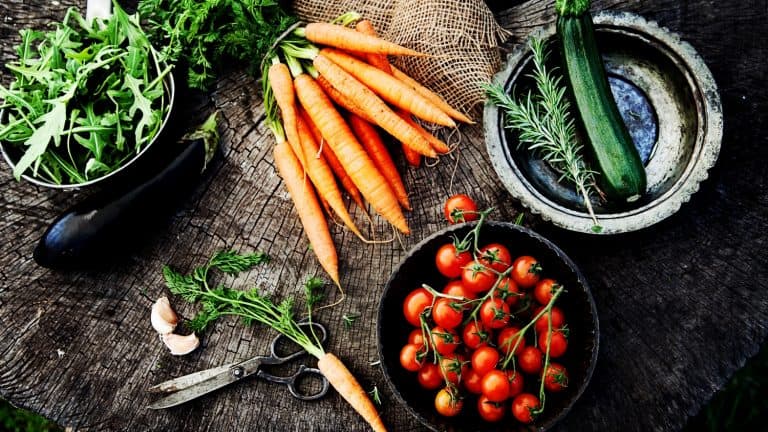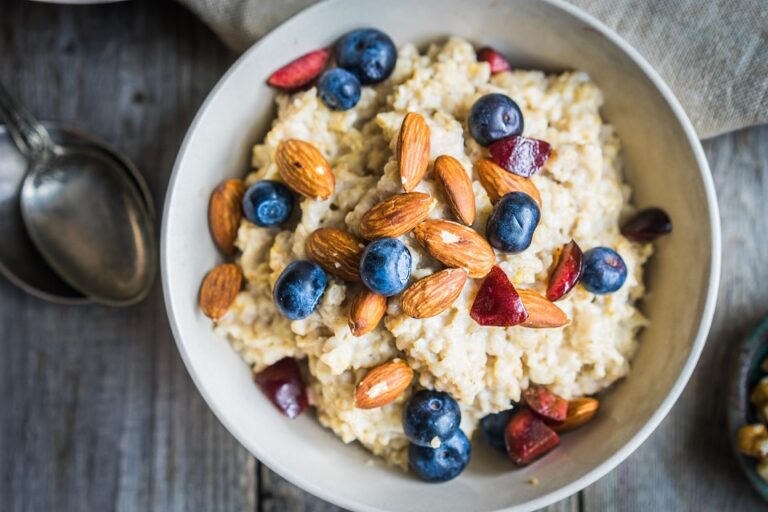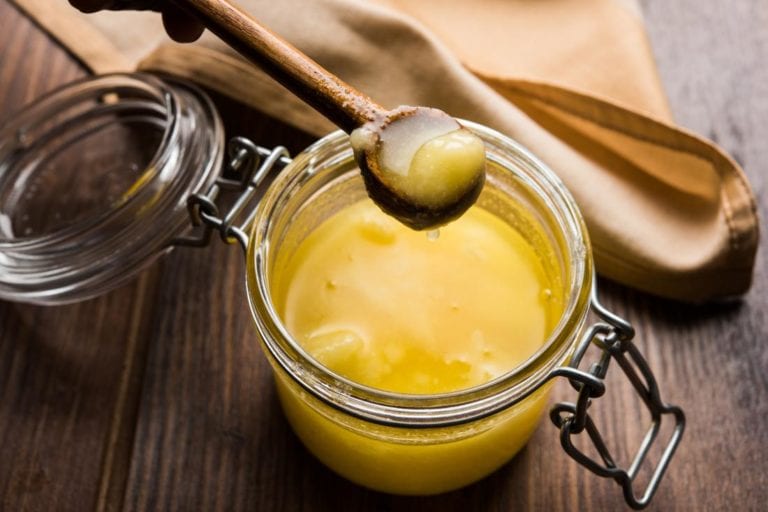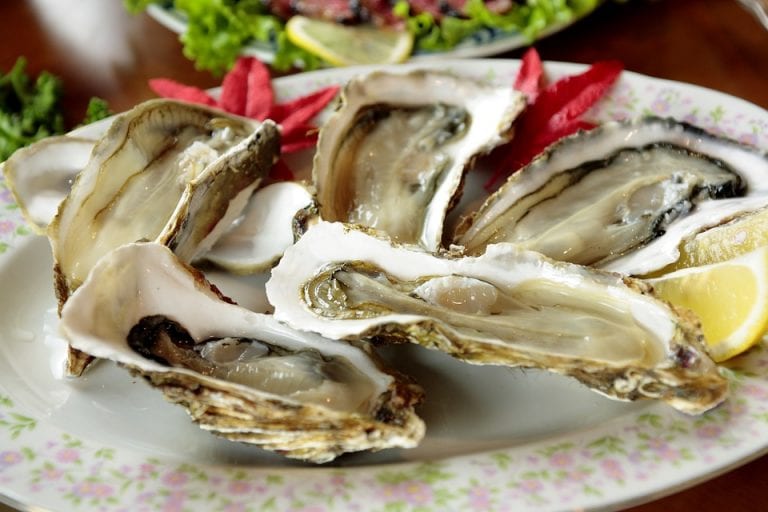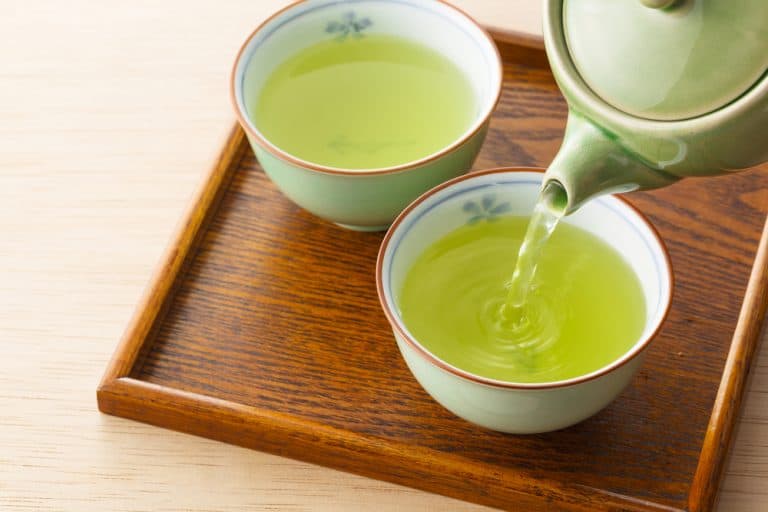
The frozen food aisle often gets a bad rep, but some frozen foods are actually approved by nutritionists. Four food experts share what’s on the top of their frozen foods list—scroll down to discover their favorite frozen picks.
1. Vegetables
It comes as no surprise that food experts stock up on frozen fruits and vegetables. For Deborah Malkoff-Cohen, MS, RD, CDN, CDE, a New York City-based registered dietitian, keeping pre-chopped veggies in her refrigerator is one way to ensure she is always ready to create a variety of healthy meals. However, she also buys, chops, and freezes whole, fresh vegetables based on what is available and budget-friendly.
“I keep these to make homemade soups,” she says. “I add extra frozen vegetables like butternut squash, peas, broccoli, spinach; or anything spiralized whatever I have on hand.” In fact, some of her dearest frozen vegetables include spinach, butternut squash, peas, broccoli, and carrots.
2. Nuts and seeds
Peanuts, pecans, almonds, walnuts, pistachios, cashews and other nuts are nutritional powerhouses that represent a great source of plant-based protein, healthy fats, fiber, and vitamins and minerals, says Malina Linkas Malkani, MS, RDN, CDN, media spokesperson for the Academy of Nutrition and Dietetics.
Keeping these nuts, as well as seeds (sesame, hemp, or flax seed) in the freezer, however, is a hidden hack Malkani uses to keep them fresh for longer. “Because of their high oil content, nuts and seeds can go rancid within a few weeks if not stored properly,” she says. “Freezing is a great option that helps me save money and prevent food waste.”
Most nuts—if they are properly sealed in a safe container—freeze well for a year, or even longer, Malkani says. As a bonus, she recommends adding them to smoothies, soups, stews, dips, casseroles, baked goods, or using them to top salads and yogurt.
3. Bread
Frozen bread is actually a thing amongst nutritionists. Kris Sollid, RD, senior director of nutrition communications at the International Food Information Council Foundation, says he freezes everything from sandwich bread and English muffins to baguettes and bagels.
He tries to eat 100 percent whole wheat bread most of the time. “Whole grains provide fiber, which is good for health in many ways,” he says. “Fiber can help lower cholesterol, lower the risk for certain types of cancer, improve blood sugar control, keep you feeling full for longer and, most importantly for some, relieve constipation.”
Most Americans eat only half the recommended amount—38 grams for men and 25 grams for women—per day, Sollid says. Although, Malkani suggests sprouted grain breads because they are also a great source of fiber, are more easily digestible, and last two to three months in a freezer safe bag. She suggests toasting some slices of bread for breakfast, or tossing them in the food processor to make breadcrumbs for various recipes.
4. Proteins
Proteins are essential nutrients for our bodies. Consuming protein is actually associated with a wide range of health benefits such as building muscles, or lowering blood pressure, but it’s quite important to eat the right kind.
Freezing, or buying pre-frozen proteins is actually a good idea to save time and money on meal prep. Malkoff-Cohen makes lean turkey meatballs and meat sauce in bulk and freezes it for the week. She buys frozen wild salmon and shrimp, too. “The wild salmon I take out the night before to defrost and bake in the oven,” she says.
5. Rice
Not all types of rice are created equal, so depending on the type of rice you select, rice can be a good source of B vitamins, thiamin, niacin, riboflavin, fiber, and iron. Rice consumption can boost metabolism, regulate digestion and reduce high blood pressure.
Maybe that’s why celebrity dietitian Lisa DeFazio, MS, RD, in Los Angeles, buys steam bags of frozen rice and makes a quick car side dish. “Rice is a great source of whole grains and carbohydrates, but takes a while to make,” she says. “Frozen rice is just as nutritious and ready in minutes.”

